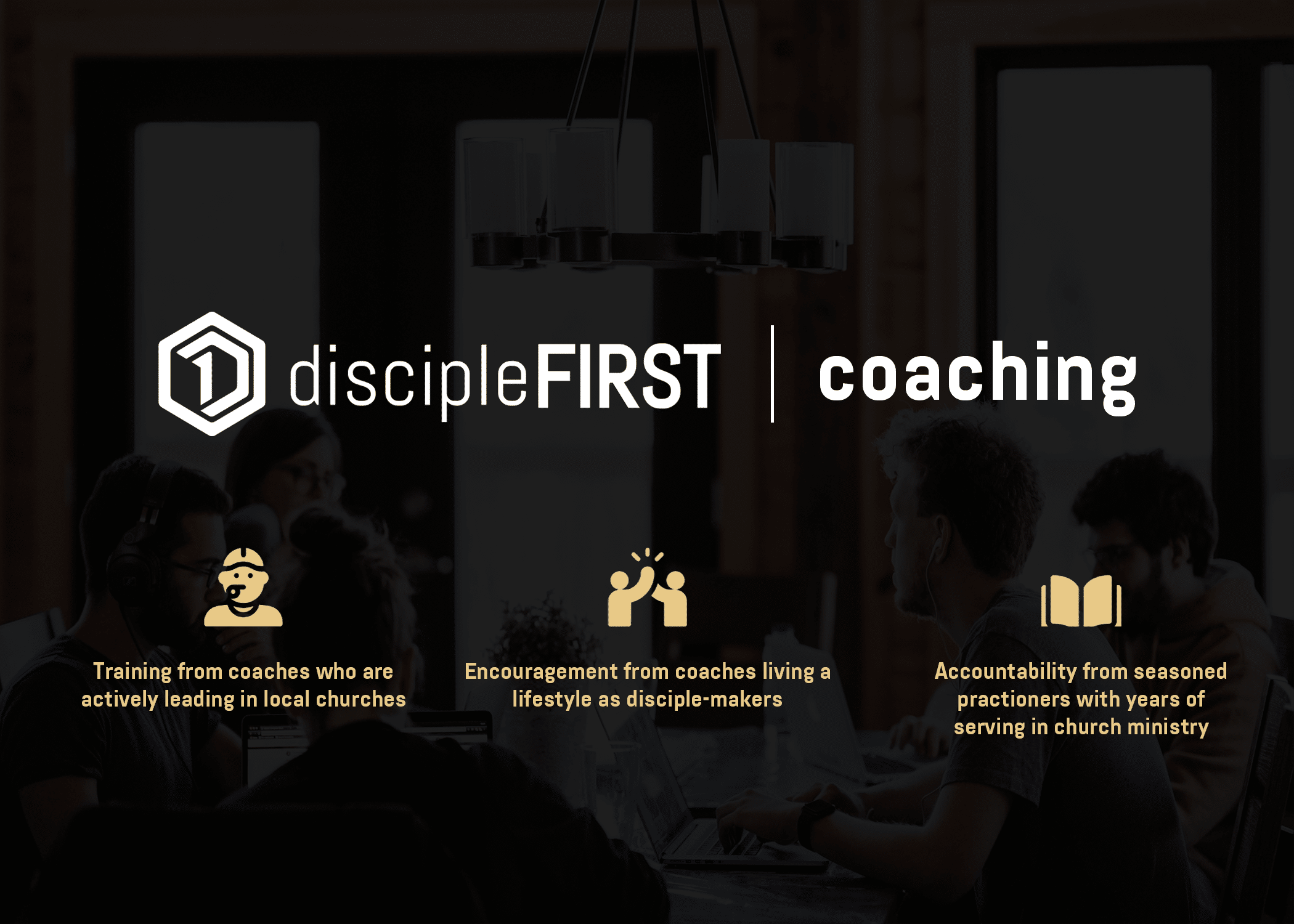God never intended for anyone to walk through life alone.
Living in the Information Age, however, has lulled well-meaning Christians into the idea that they can grow spiritually on their own better than with others. That simply isn’t true. You can obtain information through books, websites, and videos on your own, but genuine transformation comes through community.
Jesus modeled transformation through community.
Jesus knew that transformation happens when people gather. That’s why He gathered His disciples into a community that met together consistently. Together, they could learn from Jesus and learn how to live like Him.
The early church thrived by meeting together regularly.
The early church followed this same pattern. As new believers came to faith in Jesus, they met together regularly for worship, prayer, encouragement, and accountability (Acts 2.46 ESV). This time together was so important for spiritual growth that Christians were urged not to minimize its value. Hebrews 10.25 NLT says, “And let us not neglect our meeting together, as some people do, but encourage one another, especially now that the day of his return is drawing near.”
Grow Groups are designed to be intentional and purposeful.
It’s good to simply be together and enjoy each other’s company, but when you gather for your “Grow Group,” you want to spend your time with intention and purpose. You’re there to be and build disciples. To that end, each gathering should consistently follow the same three-part outline: “Looking Back,” “Looking Together,” and “Looking Forward.”
1. Looking Back
At the beginning of your gathering, spend time reviewing the week. What went right? What didn’t go as well as it could have gone? What struggles did you face? How did you put into practice the things you learned from the last gathering? Review the Bible verses that you’ve memorized by saying them out loud. This is a time for personal care and accountability.
2. Looking Together
The next part of the gathering is for working through the material for the week. Each participant should’ve spent time reading the daily assignments and answering the reflection questions. This is the time to go over those questions and discuss the readings. Emphasize the practical side of obedience and work through the obstacles standing in the way. As you talk, ask more questions, get feedback, and discuss how these truths apply to your lives.
3. Looking Forward
The final part of each week’s gathering should focus on the week ahead. Based on what’s been read and discussed, ask each person to share what they’ll put into practice between now and the next meeting. Without making such a commitment, we run the risk of forgetting or neglecting what we’ve just learned. Without a clear plan to obey what you’re learning, you will only fool yourself into thinking that you’re following Jesus (James 1.22 ESV).
Close your time together with prayer, and commission the members of your group to follow Jesus and represent Him to the people around them until you meet again.
This blog features an excerpt from one of our Student Series books, Invest In A Few.







